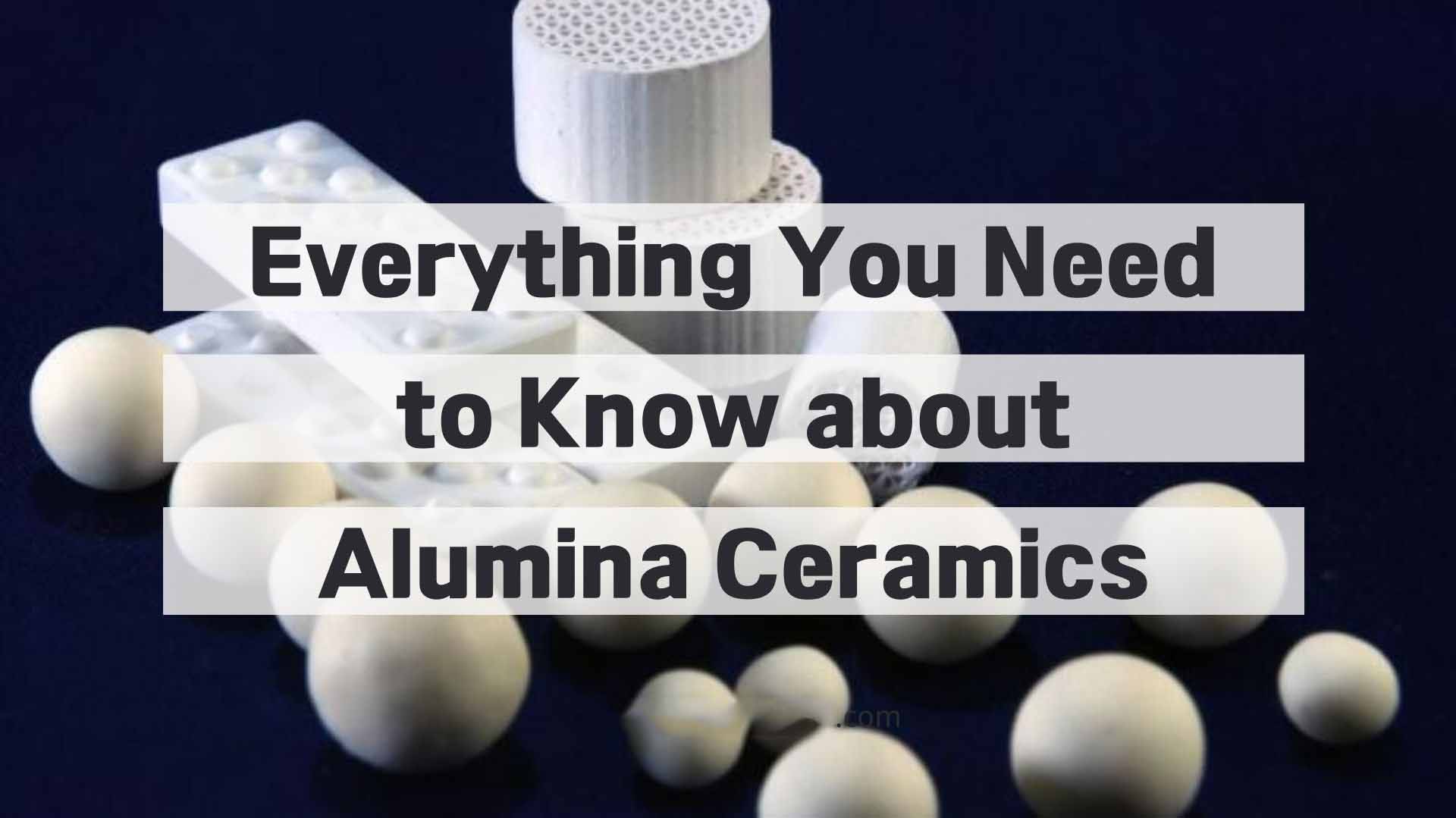- Alumina
- Boron Nitride
- Zirconia
- Other Ceramics
- Applications
- Contact

What is Boron Nitride? Boron nitride is a thermally and chemically resistant refractory compound composed mainly of boron and nitrogen

Ceramic materials, especially technical ceramics, are used in various applications where their mechanical strength and resistance to external forces, such as corrosion,
Silicon carbide and aluminum oxide are the two most commonly used abrasives. When choosing between any of these two, an
Silicon carbide is an important ceramic material known for its excellent hardness. Its hardness is only surpassed by diamond, cubic boron

Aluminum nitride (AIN) is known for its high thermal conductivity and remarkable electrical insulation properties. It is a common ceramic

Boron carbide (B4C) is a tough ceramic material consisting of boron and carbon. Boron carbide is actually one of the

Alumina ceramics are China Special Ceramic Parts, Inc. basically composed of aluminum and oxygen. Aluminum oxide ceramics are favored among many manufacturers

LaB6 Filaments are also known as lanthanum hexaboride filaments. These filaments are made from a chemical compound composed of lanthanum

Boron nitride nanotubes have structural similarities with carbon nanotubes. However, where carbon nanotubes are made with carbon, boron nitride nanotubes

Ceramics, in general, have advanced applications in our daily lives. But they also play vital roles in many industries, including